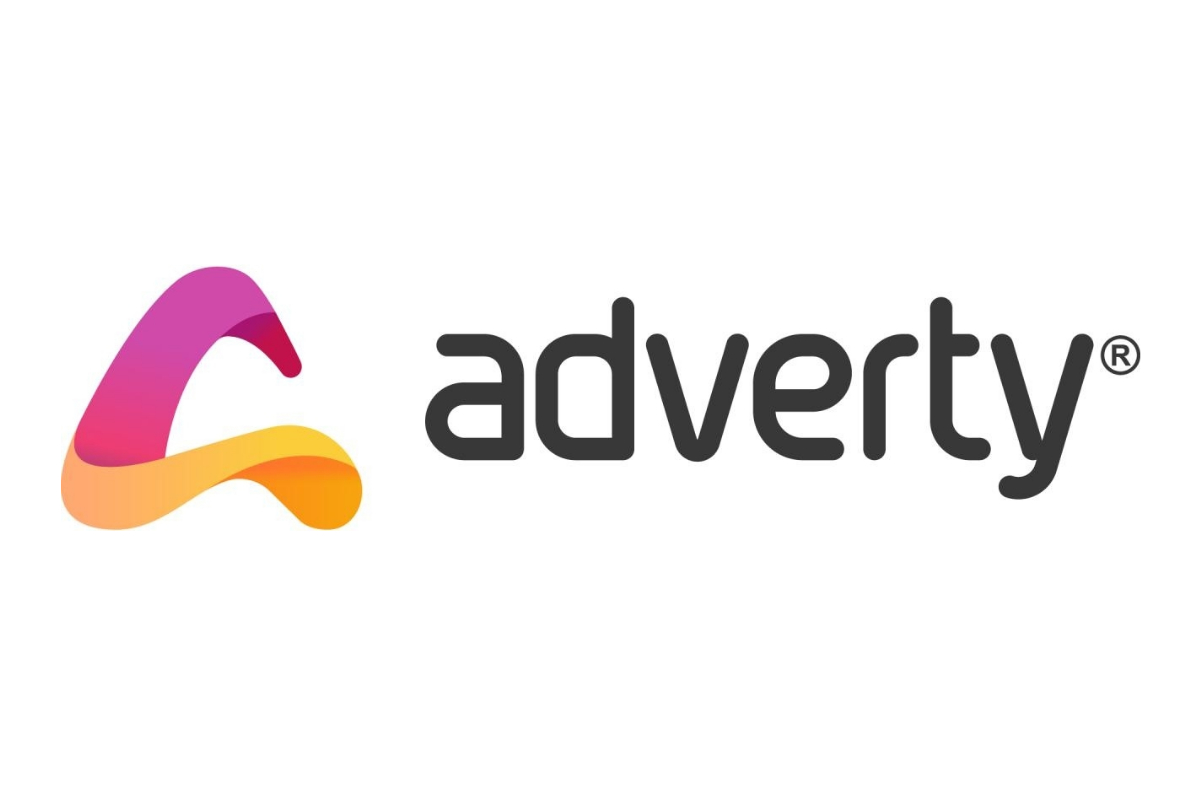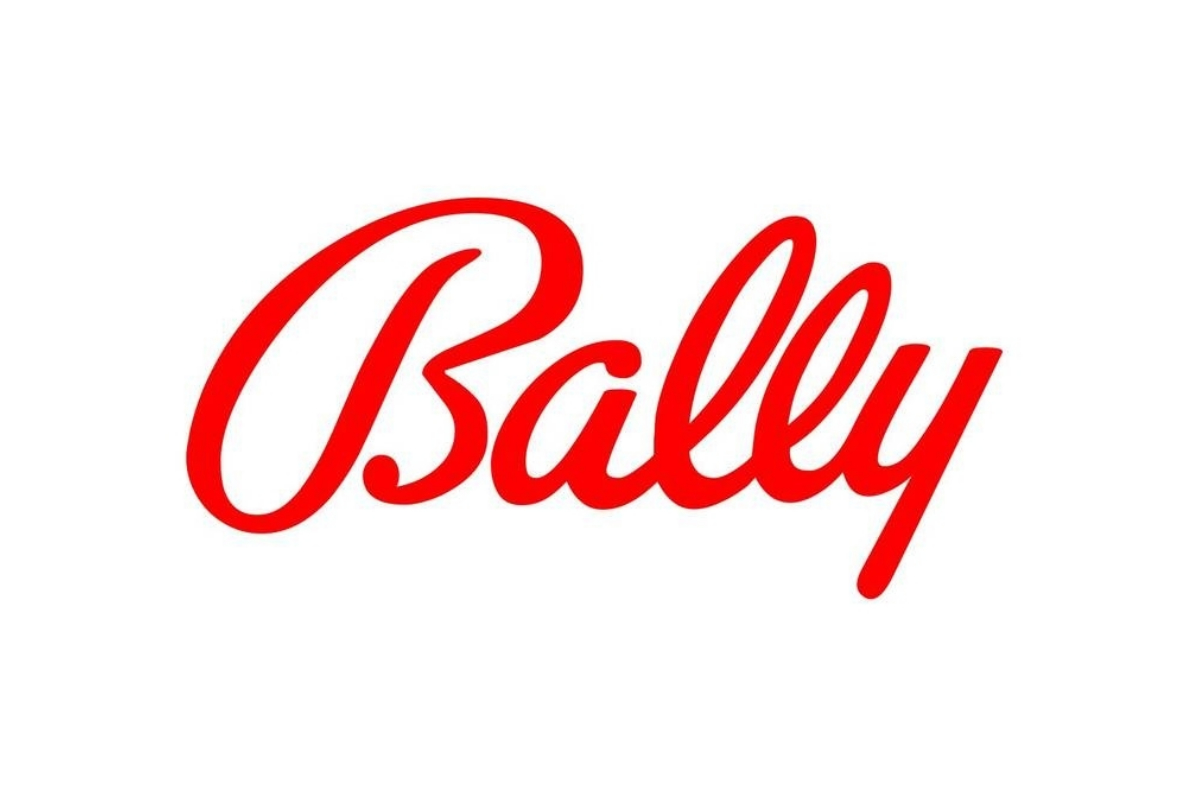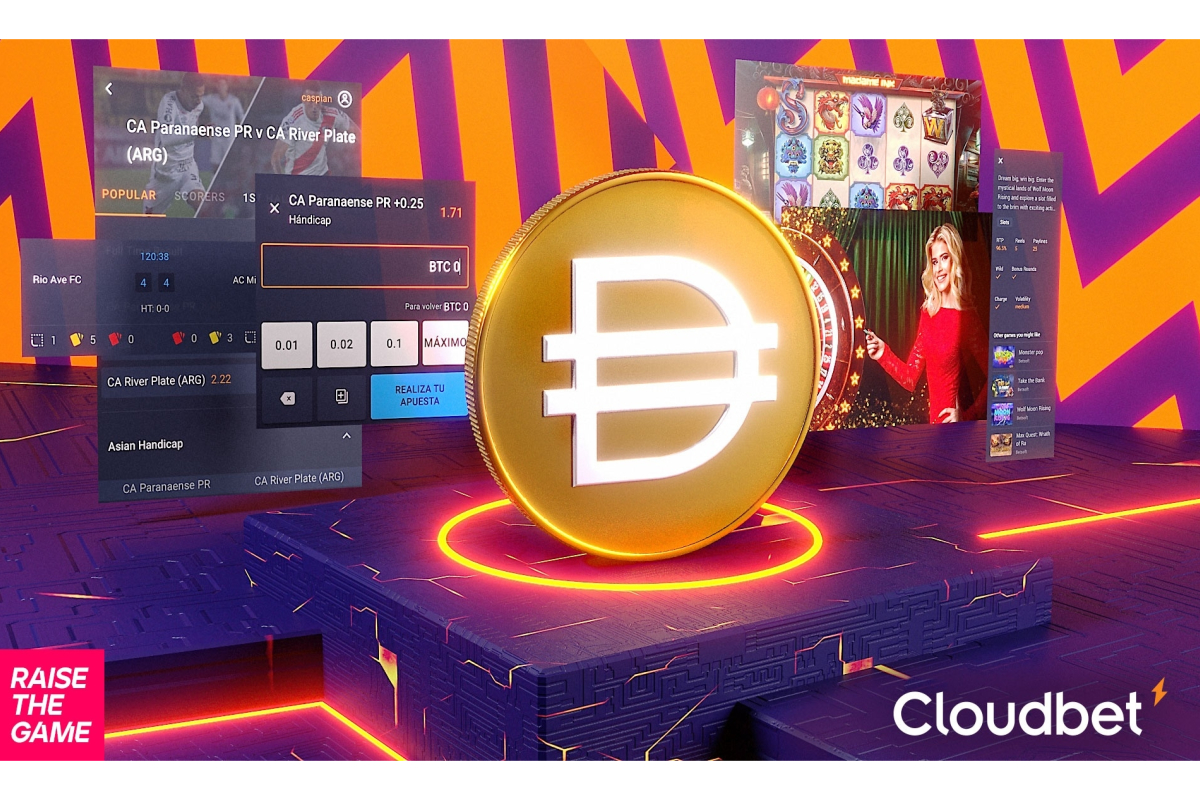
Adverty is granted US patent for in-game ad viewability technology BrainImpression™
Adverty AB (publ) has been granted a patent by the United States Patent and Trademark Office for its in-game ad viewability technology BrainImpression™; a groundbreaking method for determining ad viewability and impressions within complex gaming environments. The patented invention is one of the core functionalities of Adverty’s leading in-game advertising platform.
Adverty, the leading in-game platform for advertisers, agencies and game developers, today announces the notice of allowance for its in-game ad viewability technology patent by the United States Patent and Trademark Office. The technology, called BrainImpression™, is a groundbreaking method for determining ad viewability and ad impressions, for example, when an advert is considered as seen by the user, within complex computer-generated graphical environments such as two-dimensional and three-dimensional games.
Viewability is one of the most important metrics in brand advertising and several renowned brands tend to exclude websites and other advertising media with low viewability in their media plans. To help advertisers understand and publishers define how to count an ad as seen, the media industry has established standards on how to measure web-based ad viewability. In regards to in-game advertising viewability, the industry is still at its infancy, with Adverty taking an active role in helping both IAB and third party ad verification leaders define these industry-wide, sought-after standards.
“Our patented in-game viewability algorithm outlines one of the core functionalities in our cutting-edge ad platform. We use our knowledge and innovation to help define appropriate viewability standards for in-game advertising – something that will benefit the media industry and heighten the acceptance of this new ad format amongst advertisers”, says Niklas Bakos, CEO and founder at Adverty.
The BrainImpression™ patent covers and protects a method of deciding if an advertisement, displayed in a gaming environment and shown on a display, has been seen by a user. The method of decision is based on the ad size, time in view and position on display for the user. Depending on the size of the ad on display, the ad is classified as seen after various time intervals, triggering an ad impression by the system.
Furthermore, the patent covers specific methods for adverts in the three-dimensional gaming space, where viewing angles and incidence angles towards the ad and the user display determine how well the ad is visible at any given time. For example, an ad unit viewed from the side is not detected as quickly, if at all, depending on its viewing angle, compared to an ad unit seen from a straight angle. Moreover, an advert placed in the center of the field of view is classified as seen faster than an ad closer to the periphery with a higher angle of incidence.
The BrainImpression™ patent application was filed in March 2017 at a time when Adverty focused on future gaming platforms such as Virtual, Augmented and Mixed Reality. Over the years, the focus has shifted towards mobile games, the largest and fastest growing gaming platform globally. Altogether, Adverty has established a leading cross-platform framework for unobtrusive, in-game brand and performance advertising, allowing brands to connect with new audiences in unique ways.
With the company’s fundamental mission in mind, the patent US 16/499.258 / US20200110262A1 covers head-mounted displays, such as Virtual Reality headsets, Augmented Reality headsets and smart glasses. A continuing application to protect the invention for other displays such as mobile phone, tablet and TV screens has been submitted to the United States Patent and Trademark Office.









